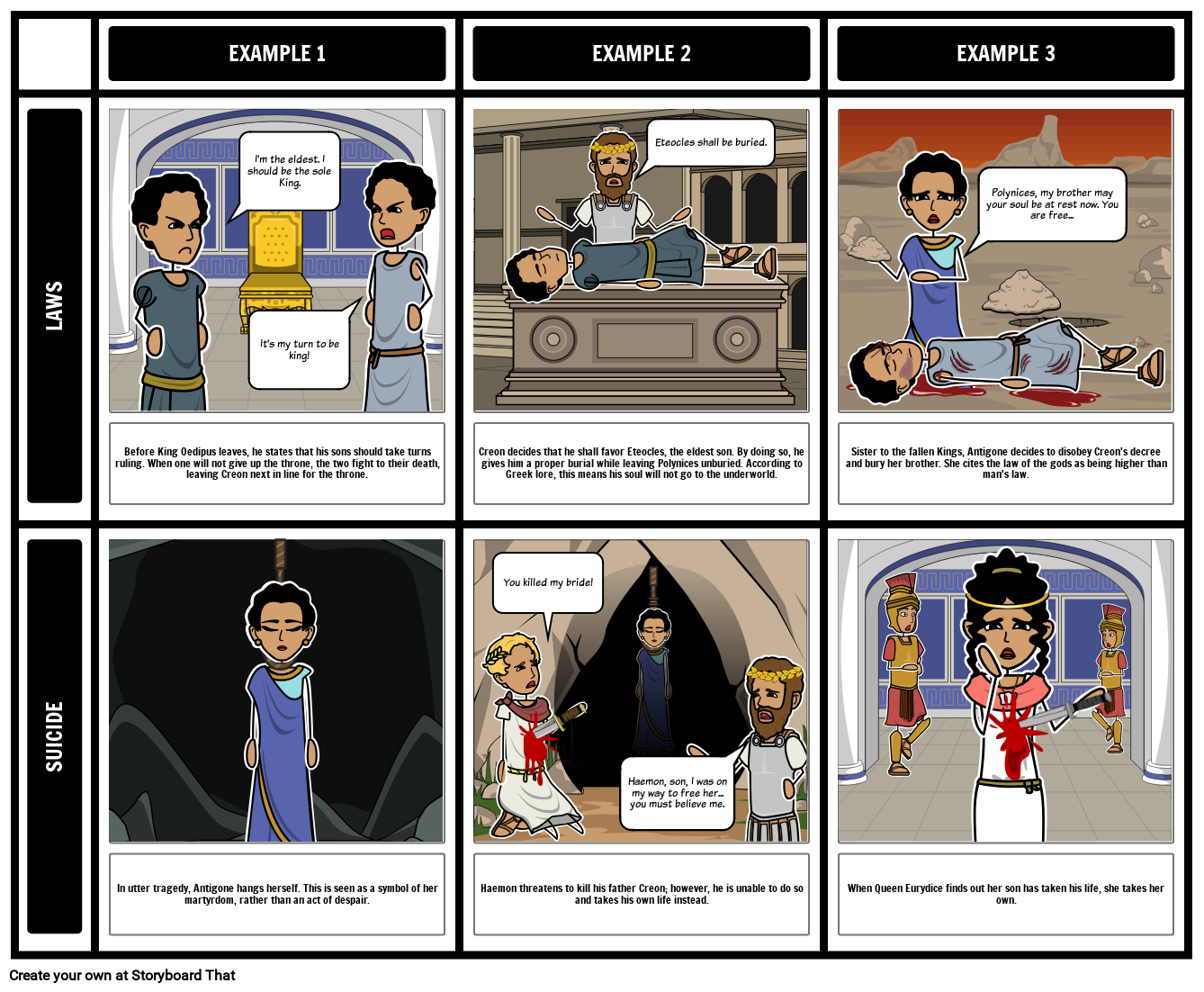

But what this production, aided by Soutra Gilmour's set and Dan Jones's sound design, does superbly is usher us into a world of self-regarding power that falls apart through its neglect of instinctive human feeling. Luke Norris is all unflinching truculence as the soldier who reports Polyneices' burial, Jamie Ballard as the prophetic Teiresias has the testy impatience of the truth-teller, and Kobna Holdbrook-Smith delivers news of the climactic tragedy with appalled disbelief. It is a wonderfully single-minded performance, and there is strong support all round. Jodie Whittaker's Antigone is no bright-eyed martyr – simply a dogged, determined young woman who believes nothing is more important than the debt we owe to family and the dead. Eccleston's Creon is not evil but fatally in thrall, like many modern politicians, to the idea that authority is somehow inviolable. He presents us with a charismatic leader steeped in patriarchal tradition and naively trusting in the invulnerability of power: confronted by Antigone and her sister Ismene, he mockingly observes "these women are neurotic", and when his son Haemon tries to warn him about shifting popular sympathy, he loftily dismisses "the opinions of people in the street". Oedipus, the Greek king, is Antigone’s, Etocles’ and Polyneices’ father. Christopher Eccleston's outstanding Creon becomes the play's tragic centre. The play begins only hours after the end of a civil war and is set in Thebes’ royal household.

But Findlay avoids turning the piece into a moral melodrama in which a virtuous Antigone confronts a wicked tyrant. When Creon invokes "the power of the state" we tend to shudder, whereas the play's original spectators would probably have sympathised with his argument that loyalty to city or country supersedes that to family or friends. The one problem with putting the play into modern dress is that it brings with it too many associations.


 0 kommentar(er)
0 kommentar(er)
